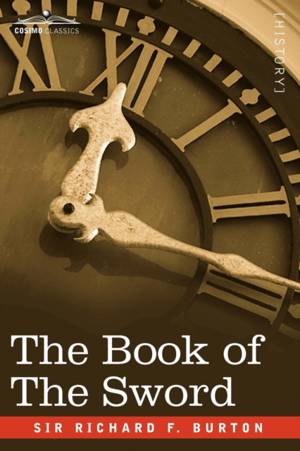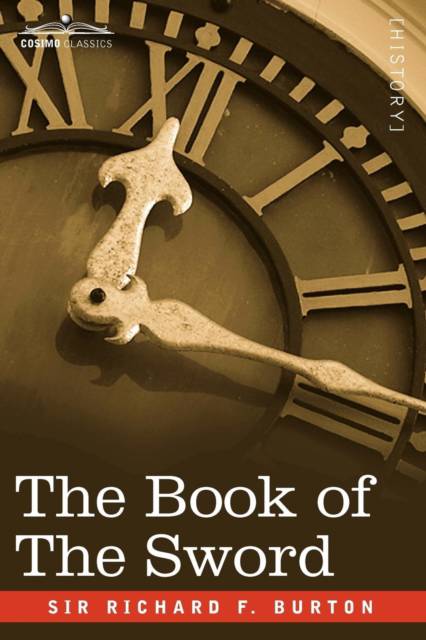
- Retrait gratuit dans votre magasin Club
- 7.000.000 titres dans notre catalogue
- Payer en toute sécurité
- Toujours un magasin près de chez vous
- Retrait gratuit dans votre magasin Club
- 7.000.0000 titres dans notre catalogue
- Payer en toute sécurité
- Toujours un magasin près de chez vous
Description
As the so-termed founding of Rome took place during the early Iron Age of Southern Europe, it is probable that the citizens, like their predecessors the Etruscans, originally made their blades of copper and bronze, the leaf-shape being borrowed from the Greeks, as we see it retained by the gladiators. The material would last into the Age of Steel, but even in her early years Rome must have preferred the harder metal. Pliny expressly tells us that Porsena, after his short-lived conquest, prohibited the future masters of the world from using iron except in agriculture... -from Chapter XII: "The Sword in Ancient Rome; The Legion and the Gladiator" Notorious for his global exploits-not to mention his unexpurgated translations of The Arabian Nights and the Kama Sutra-British adventurer and author CAPTAIN SIR RICHARD FRANCIS BURTON (1821-1890) was also a soldier and an aficionado of fencing, which is surely how he came about his interest in the sword. "The history of the sword is the history of humanity," Burton declares in his introduction to this classic 1884 survey of the weapon, and then goes on to explore that noble history through: - the origin of weapons - the ages of wood, bone, and horn - copper weapons - bronze and brass axes and swords - the sword in ancient Egypt - the sword in Babylonia, Persia, and ancient India - the sword in ancient Greece - the sword in ancient Rome - and much more Profusely illustrated with beautifully detailed line drawings, this is an essential reference for anyone interested in the history of weaponry.
Spécifications
Parties prenantes
- Auteur(s) :
- Editeur:
Contenu
- Nombre de pages :
- 340
- Langue:
- Anglais
Caractéristiques
- EAN:
- 9781605204369
- Date de parution :
- 01-12-08
- Format:
- Livre broché
- Format numérique:
- Trade paperback (VS)
- Dimensions :
- 152 mm x 229 mm
- Poids :
- 498 g

Les avis
Nous publions uniquement les avis qui respectent les conditions requises. Consultez nos conditions pour les avis.






